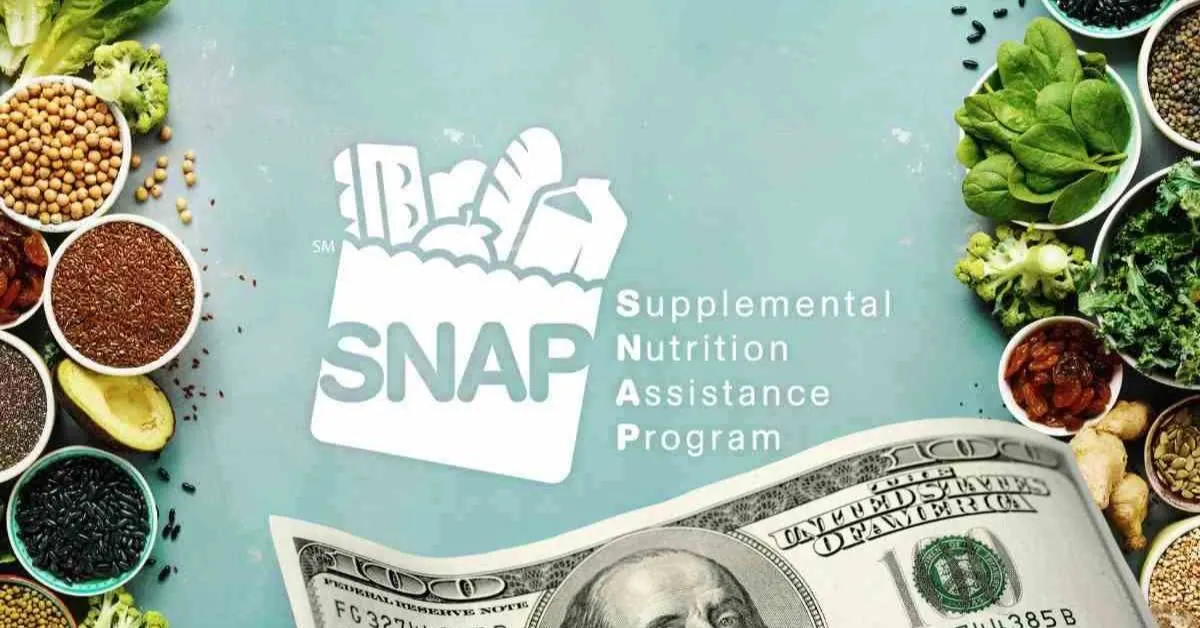The Supplemental Nutrition Assistance Program (SNAP), formerly known as Food Stamps, is a vital federal initiative aimed at supporting low-income families and individuals. With approximately 42 million beneficiaries across the U.S., SNAP helps ensure that millions of citizens can access nutritious food to maintain a balanced diet. In this article, we’ll explore how the program works, what is covered, and the specific eligibility requirements for SNAP in Florida.
What is SNAP?
This Article Includes [hide]
SNAP is a government program designed to provide financial assistance to eligible low-income individuals and families for purchasing food. The program’s goal is to improve nutrition and provide support to those who may not have the financial resources to buy healthy food. Benefits are distributed on an Electronic Benefits Transfer (EBT) card, which is loaded with funds between the 1st and 28th of each month.
The funds on the EBT card can be used to purchase a wide variety of foods, including fruits, vegetables, proteins, carbohydrates, and fats, as long as they are cold items at the time of purchase. However, the benefits cannot be used for non-food items like fuel, alcohol, cigarettes, or personal hygiene products. This restriction is in place to ensure the program focuses on its primary goal of food assistance.
How SNAP Works
The SNAP benefits are distributed monthly to eligible households via the EBT card, which works like a debit card. Users can swipe the card at authorized stores to purchase approved food items. Each state manages the program with federal guidelines, and while the basic rules are the same, states have the flexibility to adjust certain elements, such as benefit amounts and eligibility requirements.
Eligibility for SNAP in Florida
Eligibility for SNAP benefits in Florida is determined by a number of factors, including income, household size, residency, and citizenship status. The Florida Department of Children and Families (DCF) oversees the program and has set clear guidelines to ensure that benefits go to those most in need. Below are the primary requirements for eligibility:
1. Identity and Residency
Applicants must be U.S. citizens, permanent residents, or qualified aliens who are currently living in Florida. Proof of identity is also required when applying.
2. Income Limits
Most households must meet income limits to qualify for SNAP. The gross income for the household must be at or below 200% of the Federal Poverty Level (FPL). For example, a two-person household in Florida must have a gross income of no more than $3,052 per month to qualify.
3. Work and Job Training Requirements
Healthy adults between the ages of 18 and 50 who do not have dependent children or are not pregnant can only receive SNAP benefits for three months in a three-year period unless they are working or participating in a work or job training program.
4. Deductions for Household Expenses
Florida allows certain deductions to be made from a household’s total monthly income. These deductions can include:
- Housing costs (rent or mortgage)
- Dependent care expenses
- Medical expenses (for elderly or disabled members)
- Child support payments
- Utility costs
- Earned income deductions
These deductions reduce the total income considered for eligibility, potentially increasing the amount of benefits a household can receive.
5. Social Security Number (SSN) and Citizenship Status
Applicants must provide a Social Security number or proof that they have applied for one. In addition, individuals must prove their citizenship or qualified alien status when applying for benefits.
6. Asset Limits
Households can still qualify for SNAP even if they have assets such as vehicles, bank accounts, or property. However, there are limits on the amount of assets a household can have. For most households, the asset limit is $2,500, but it increases to $3,750 if the household includes a disabled or elderly member.
7. Child Support Cooperation
Some applicants must cooperate with the state’s child support enforcement agency to verify the legal relationship between parents and children and ensure that court-ordered child support payments are being made.
8. Reporting Changes in Household Income
Households receiving SNAP must report any changes that affect their eligibility, such as an increase in gross income or a reduction in working hours. For example, if a household’s income exceeds 130% of the Federal Poverty Level, or if able-bodied adults work less than 80 hours per month, this must be reported within 10 days of the end of the month.
Conclusion
The Supplemental Nutrition Assistance Program (SNAP) plays a crucial role in supporting millions of low-income families across the U.S., providing essential assistance to ensure access to healthy food. Florida residents who meet the eligibility requirements can apply for these benefits to help cover food costs. By understanding the specific requirements for SNAP in Florida, individuals can determine if they qualify and how to apply for support to improve their nutrition and overall well-being.
For more information or to apply for benefits, Florida residents can visit the Florida Department of Children and Families website or visit a local office for assistance.











Leave a Reply